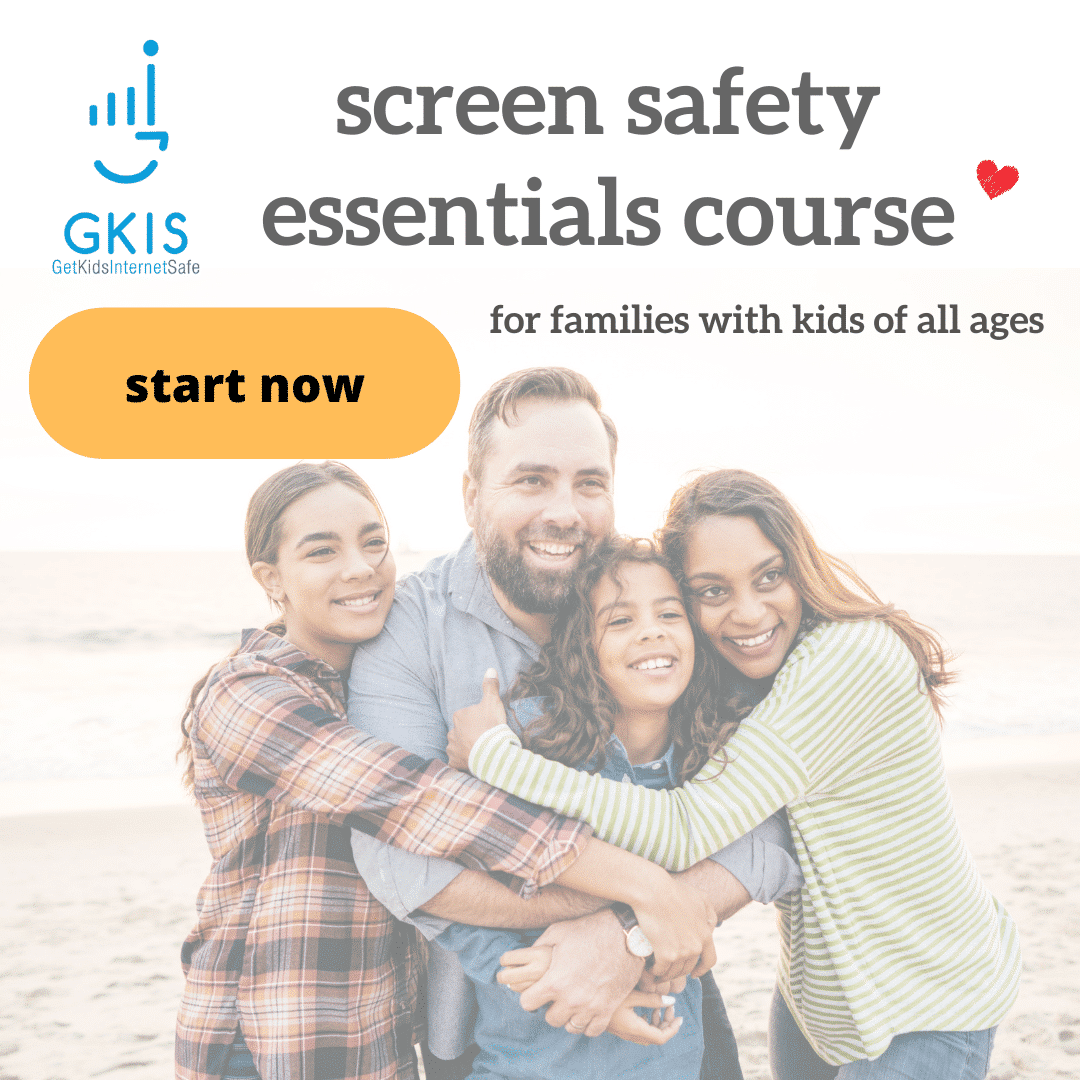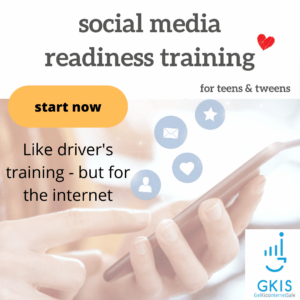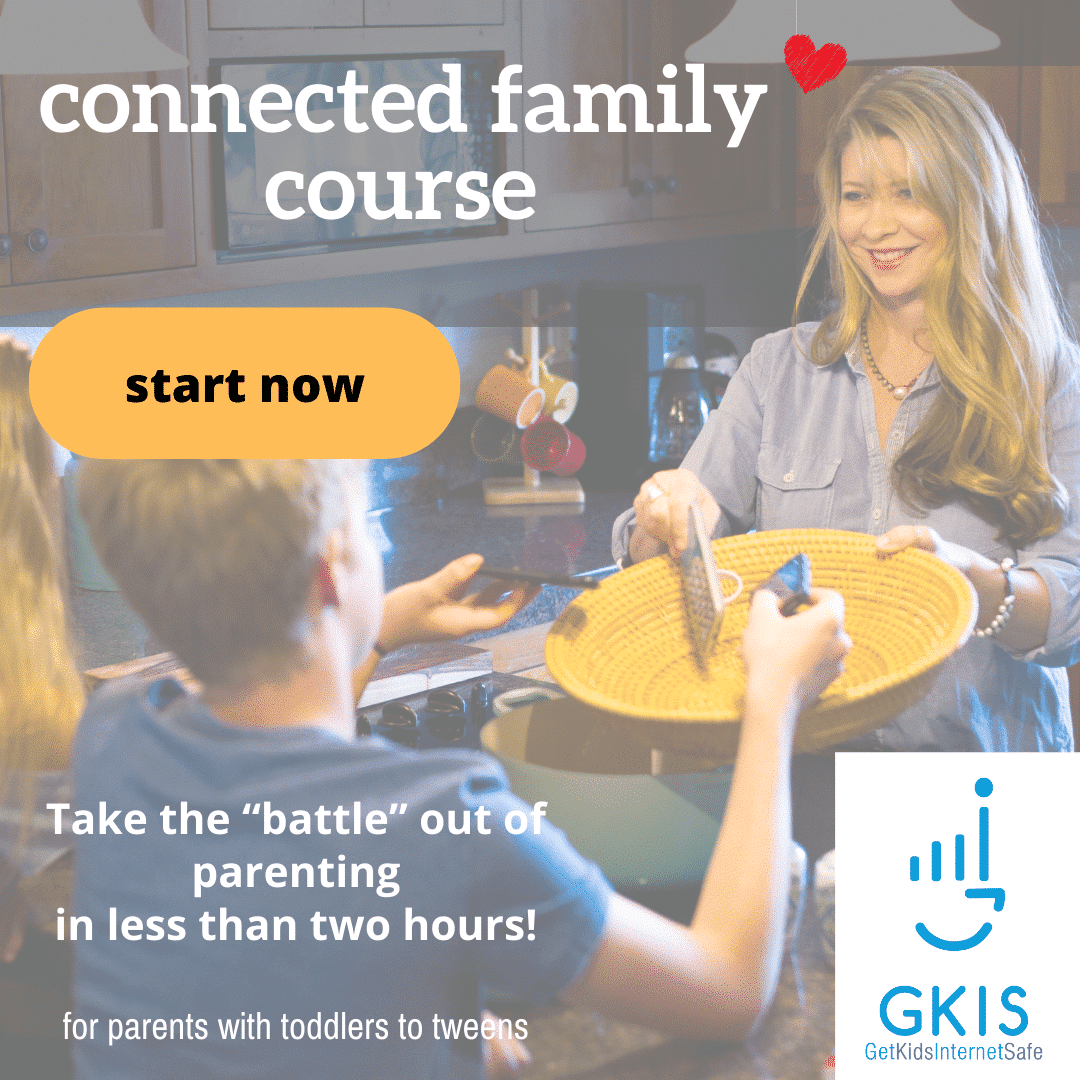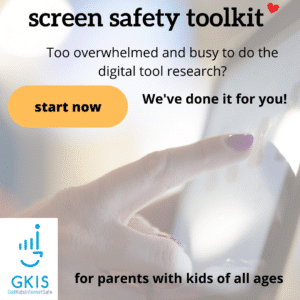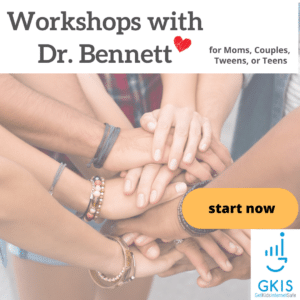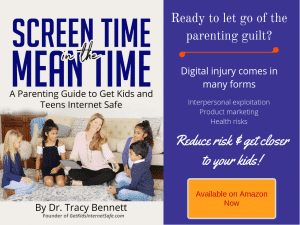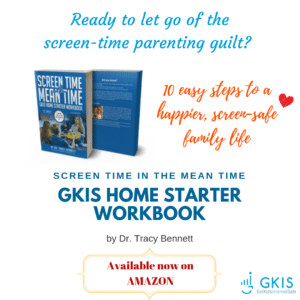I joined Kate Cagle with Spectrum 1 News the other day to talk about what I’ve been seeing and hearing from clients.
Here are some of the things I think are impacting us now that we are getting out:
People haven’t had conversation and relationship practice because of social isolation, and they are a bit rusty.
Kids, teens, and adults in my practice admit that their social anxiety has spiked since they’ve been isolated so long. Plus, many of us are so eager to get out we’re acting a bit unhinged, as if we don’t get everything out now it might be taken away from us again.
All of that social media posting, chat room commenting, and gaming chat behaviors have spilled into our face-to-face lives.
When we are online, we mostly post at people instead of with people. That means that we can take our time to respond or even not respond at all. Also, we don’t have to invite our friends to participate – it’s just assumed they will. These habits are very different from healthy social skills. We’ve seen online skills spill into real life before. For example, I wrote in my book Screen Time in the Mean Time my belief that the role playing and skin-changing on social media and in video games impacted cosplay and identity experimentation for teens in real life. It makes sense that, in that same way, adults are starting to talk like we post. In real life, that looks like an announcement of a series of black-and-white opinions rather than a curious, interactive conversation.
With scary news and questionable data (which we’ve had a lot of in the past year), people tend to look to the loudest voice in the room – that’s usually that person who is aggressively defending an extreme opinion. Not a great setup for a friendly, gracious exchange of ideas.
For too many of us, unhealthy coping mechanisms for stress have snuck in like too much drinking and addiction to conspiracy theories. Neither of these work well in healthy relationships.
Finally, with all of us on Zoom and wearing masks we are missing out on nonverbal cues that help us put the brakes on!
What can we do to get back on track with our social skills?
Before you go out, set a deliberate intention to ask “What do you think?” and commit to taking turns with conversation.
Have some friendly topics prepared to talk about, and stay away from controversial topics like politics and religion!
Give yourself and others some grace as we gradually settle back in to our old “normal.” If we’ve ever needed a time for kindness and patiences, it’s now!
I’m the mom psychologist who will help you GetKidsInternetSafe.
Onward to More Awesome Parenting,
Tracy S. Bennett, Ph. D.
Mom, Clinical Psychologist, CSUCI Adjunct Faculty
GetKidsInternetSafe

